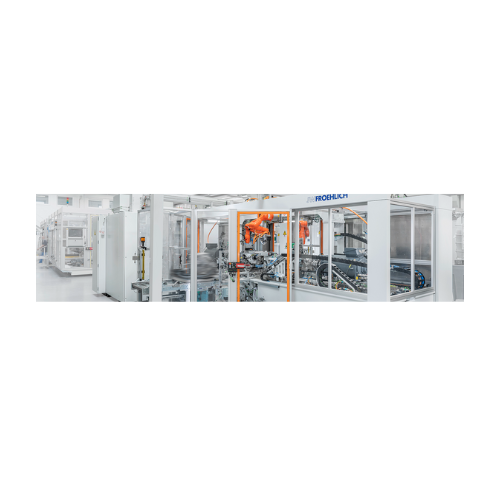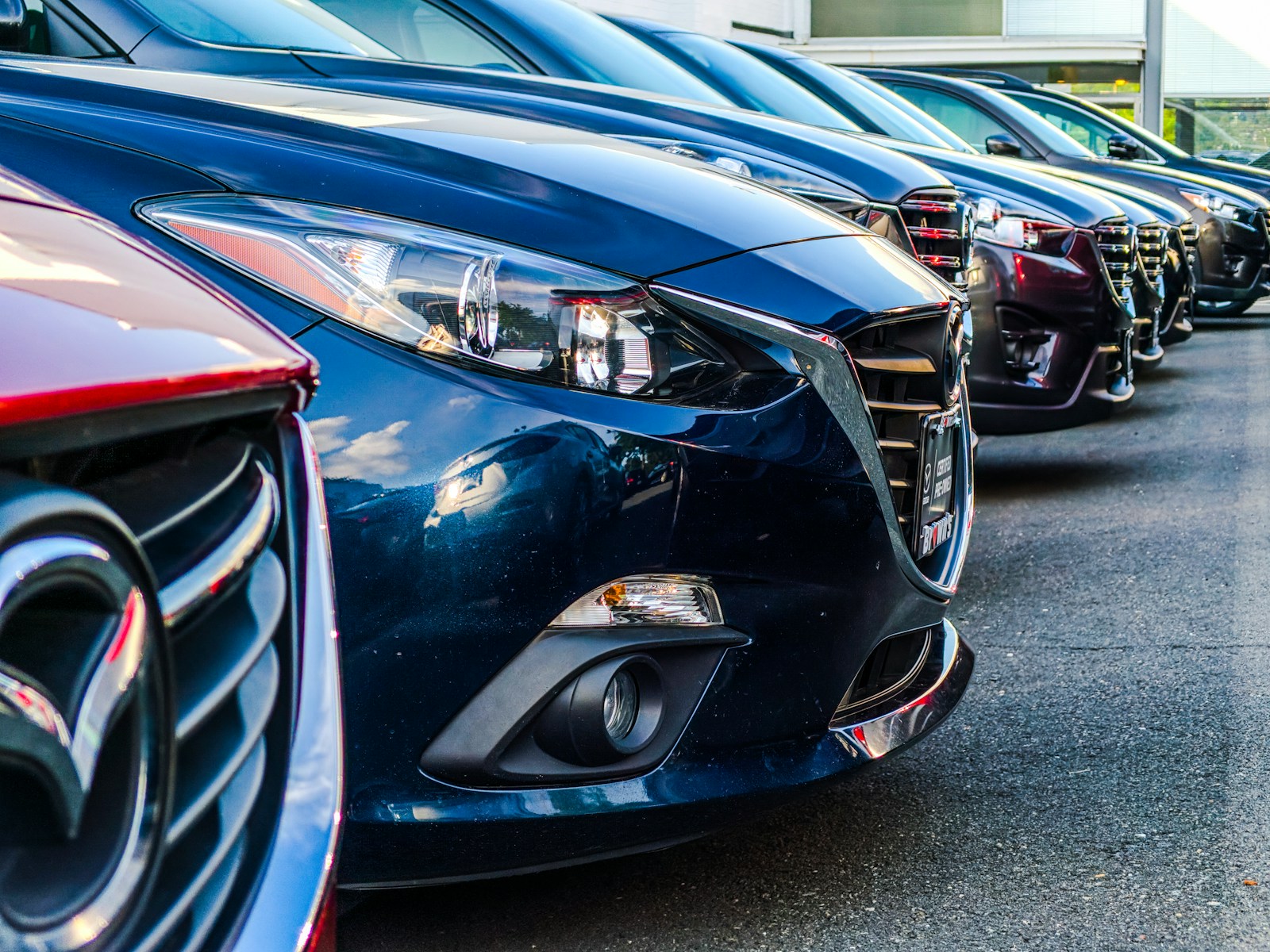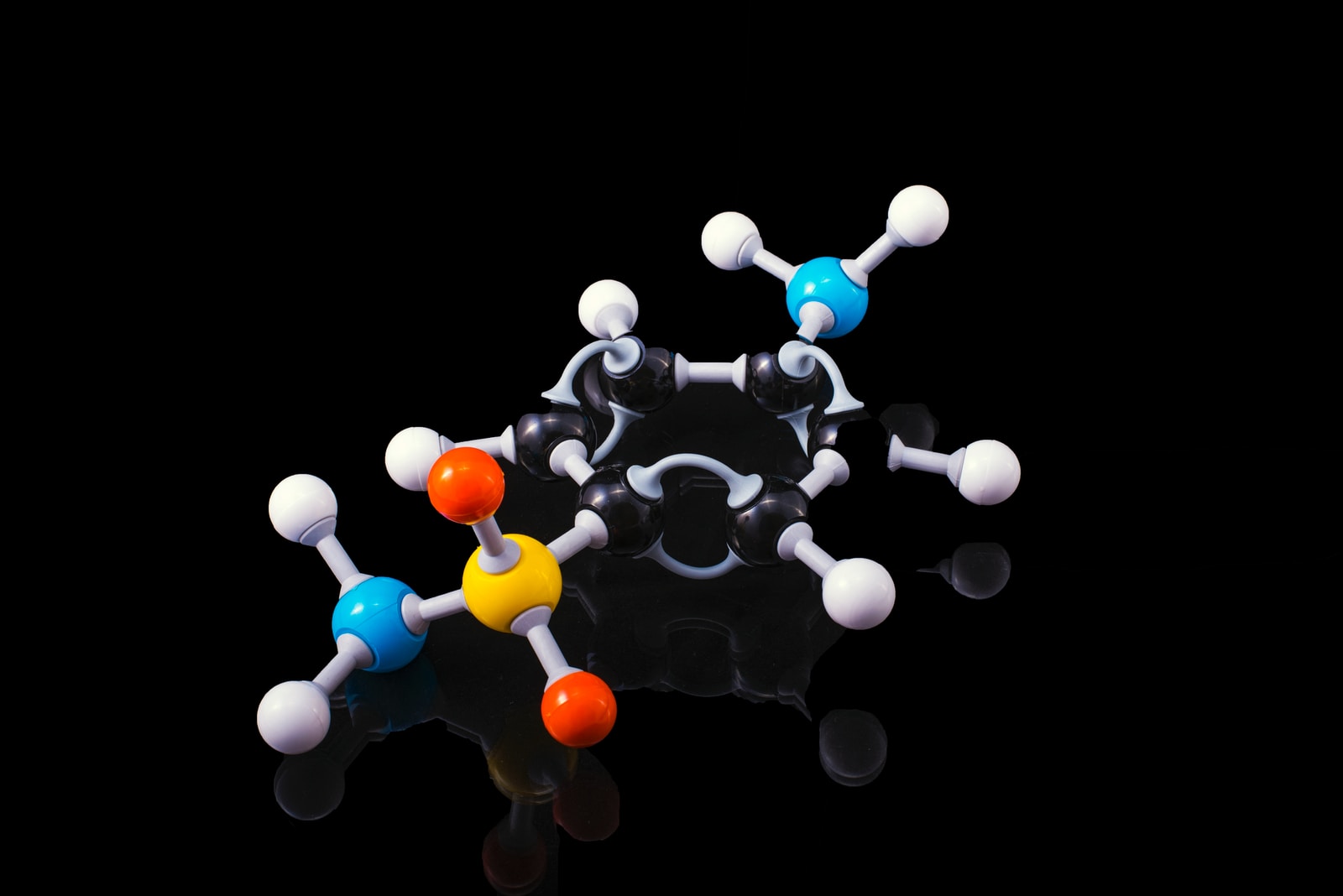Electric drive unit testing systems
Optimize your electric vehicle production with comprehensive testing systems designed to ensure the reliability and efficiency of electric drive units, inverters, and hybrid components throughout high-speed automation lines.

Performs Comprehensive Testing of Electric Drive Units
The Electric Drive Unit Testing System from JW Froehlich Maschinenfabrik GmbH is a comprehensive solution designed to enhance the reliability and efficiency of electric and hybrid vehicle components. This system is distinguished by its ability to perform extensive testing across various stages of the electric drive unit’s lifecycle, from assembly to end-of-line validation. It integrates multiple testing capabilities, including leak testing, HV and LV tests, sensor and actuator checks, and load testing, ensuring that every component meets high performance standards.
Ideal for applications in electric vehicles and e-mobility, the system plays a crucial role in validating components like inverters, stators, and e-axles. It is capable of managing complex processes such as surge voltage and resistance measurement. The system supports both manual and automated operations, allowing users to adapt testing to specific production needs. Its automation capabilities, enhanced by robotic integration, streamline the testing workflow, improving throughput and reducing human error.
JW Froehlich’s testing solutions are also energy efficient, employing optimized workflows that minimize test cycle times and resource consumption. Constructed using robust materials, the system offers enhanced durability and resistance, suitable for the demanding environments of automotive manufacturing. Customization options are available to tailor the system to your specific testing requirements, backed by expert engineering support.
Benefits
- Ensures comprehensive quality assurance by integrating multiple test capabilities, reducing potential failures in the field.
- Enhances production efficiency through automated test processes and robotic integration, minimizing human intervention.
- Decreases operational costs with energy-efficient testing protocols, optimizing resource use without compromising test accuracy.
- Provides flexible testing solutions to accommodate a wide range of automotive and e-mobility components, improving adaptability to changing production needs.
- Increases reliability and customer satisfaction by ensuring high performance and durability of electric drive units.
- Applications
- Hybrid transmissions, Inverters, Automotive components, E-mobility, Truck e-axles, Electrification, Electric vehicles, Stators, Fuel cells, Hydrogen engines, Electric air compressors, Batteries
- End products
- Inverter modules, Electric air compressor units, Electric drive units, Inverter components, Truck e-axle systems, Stator assemblies, Hydrogen engine components, Hybrid transmission systems, Battery packs, Fuel cell assemblies
- Steps before
- Development, Design, Assembly, Component Integration
- Steps after
- Data Communication, Quality Assurance, Packaging, Distribution
- Input ingredients
- electric drive units, inverters, stators, hybrid transmissions, sensors, actuators
- Output ingredients
- test results, performance measurements, efficiency data, leak test results, load test data, functionality assessments
- Market info
- JW Froehlich is known for manufacturing and supplying state-of-the-art testing and assembly systems for automotive and other industrial applications, renowned for precision, innovation, and expertise in tailor-made engineered solutions.
- Automation
- Fully automated / Manual / Semi-automated
- Automation Solutions
- Robotic arm integration
- Leak Testing
- Electrical HV testing
- Functional Testing
- Load testing (NVH)
- Surge Voltage Testing
- Partial discharge testing
- Resistance Measurement
- Inductance measurement windings
- System Type
- Development / Q test / EOL test stands
- Inverter Testing
- Manual to fully automated
- Automation level
- Manual / Fully Automated
- Changeover time
- Minimal due to automation
- Batch vs. continuous operation
- Inline Continuous
- Energy efficiency
- Optimized through automation
- Cleaning method
- Automated Cleaning
- Density/particle size
- 0.5–2.5 g/cm³ / 50–1000 µm
- Testing solution
- Inverter / Stator / EDU
- Control panel type
- Touchscreen / HMI
- Integration possibilities
- Robotics / SOLVISO / SOLCOR
- Automation level
- Manual / Semi-automated / Fully-automated
- Test part logistics
- Automated / manual
- Custom measurement solutions
- Available
- Clamping unit design
- Standard / Custom

